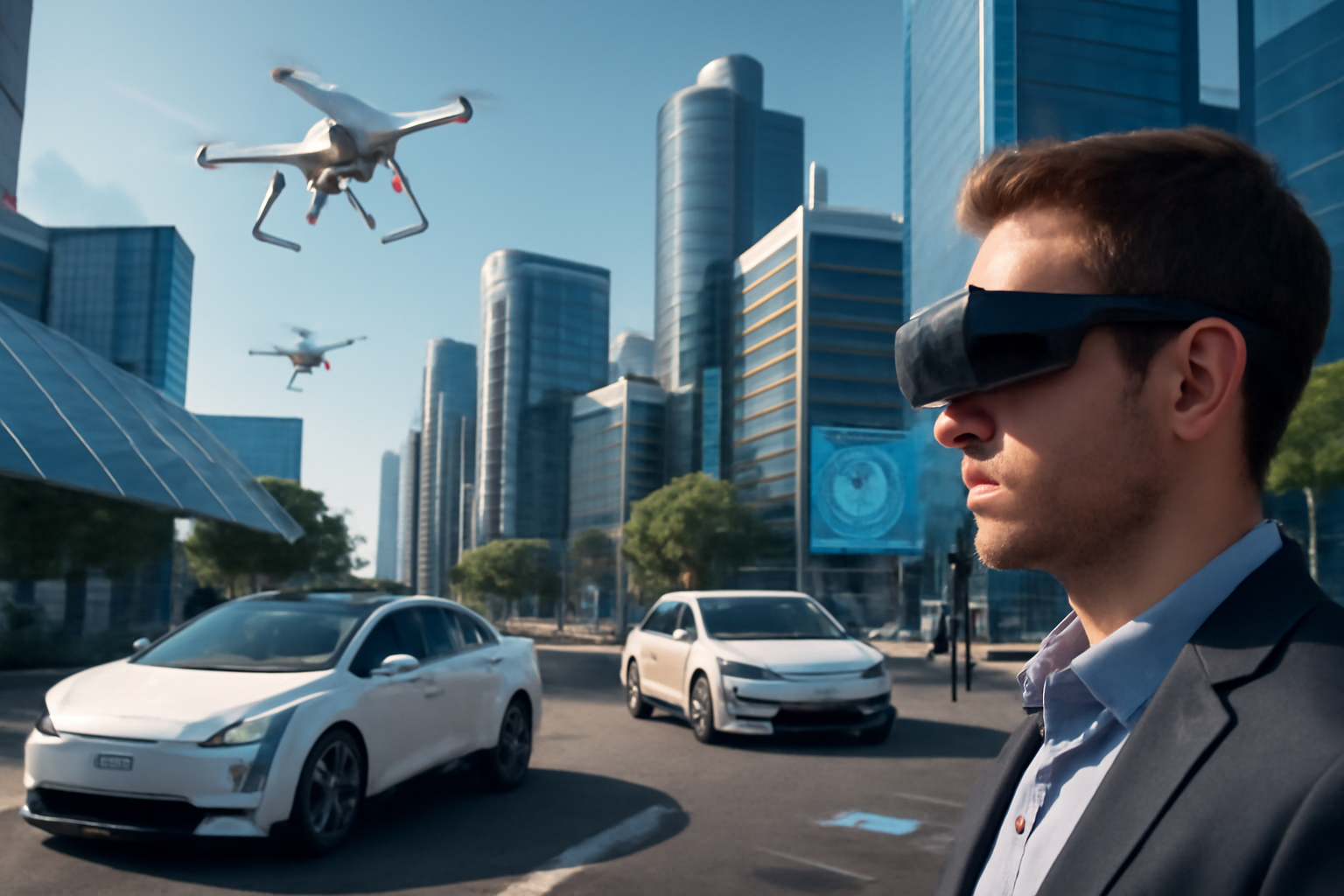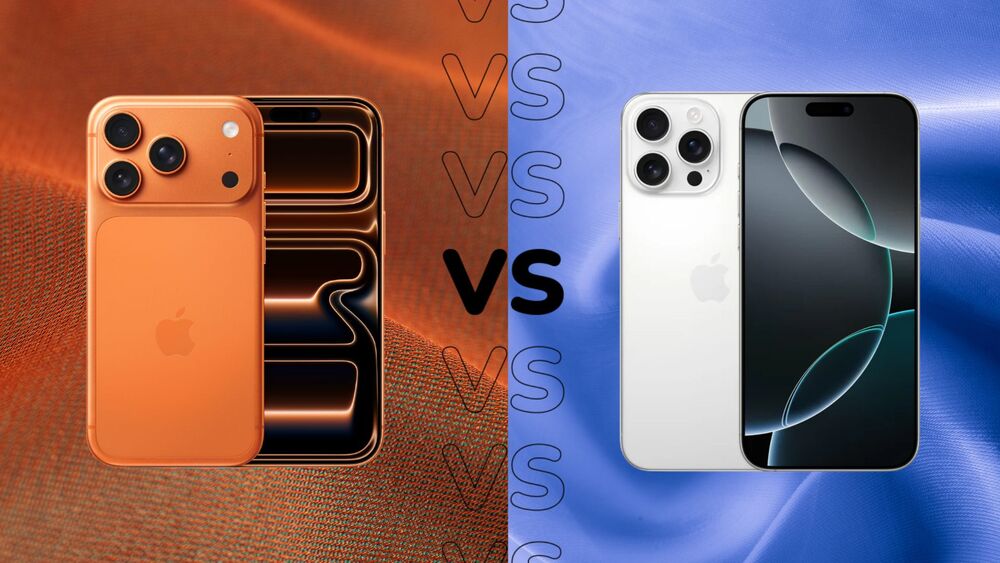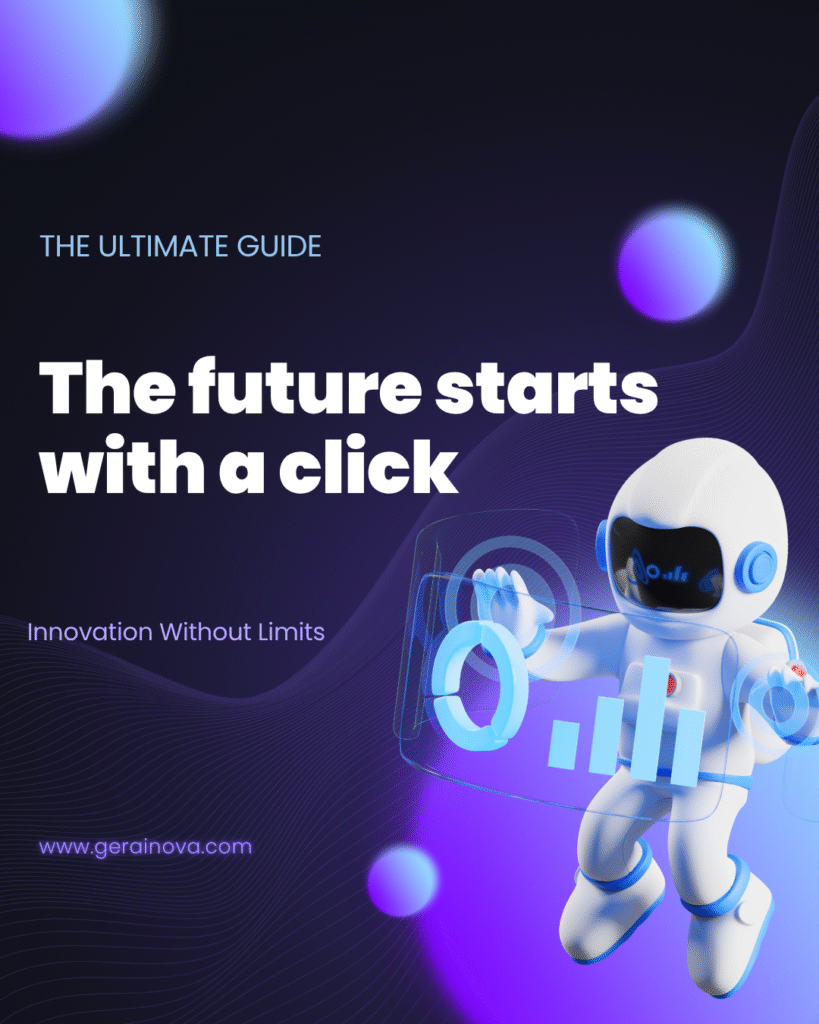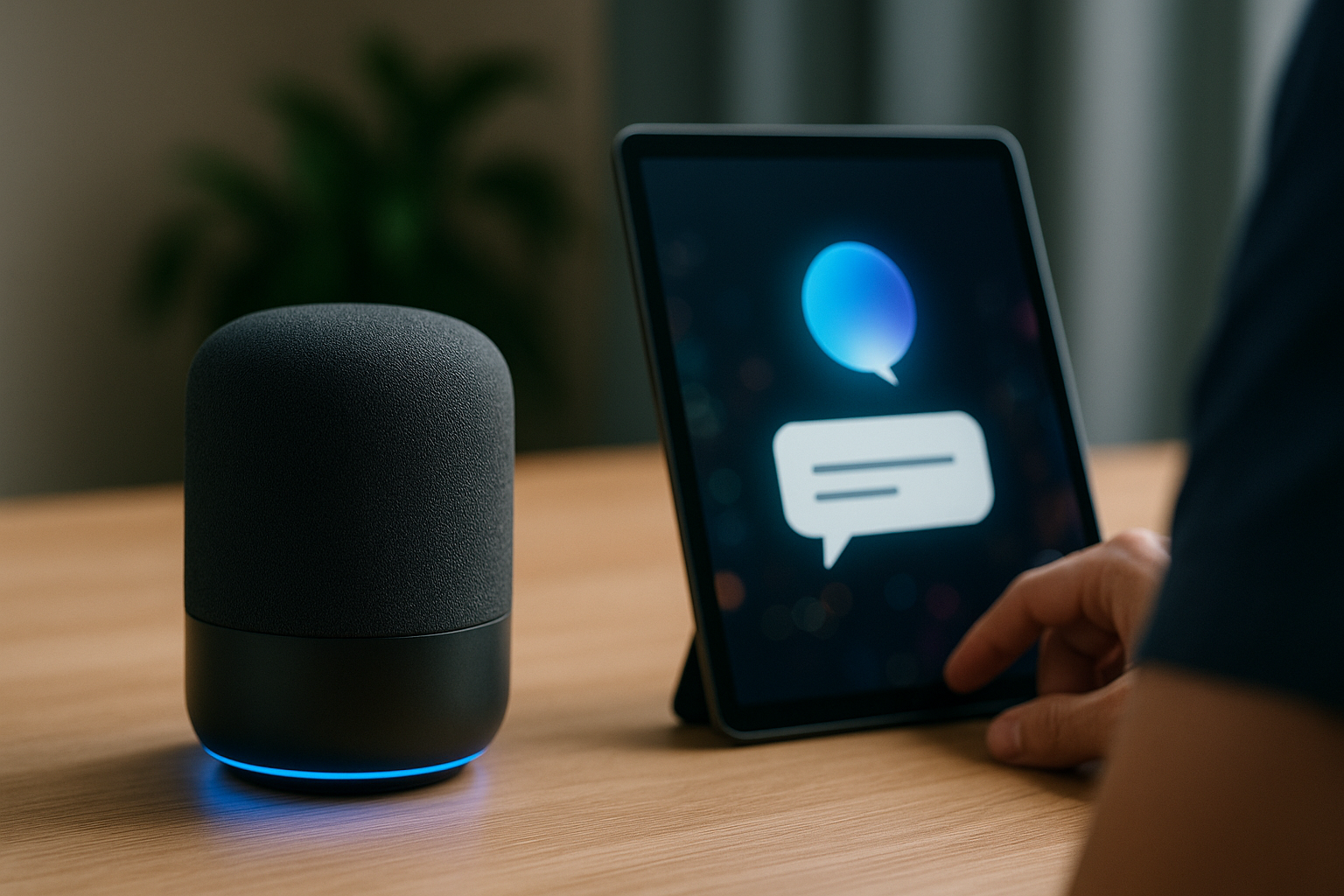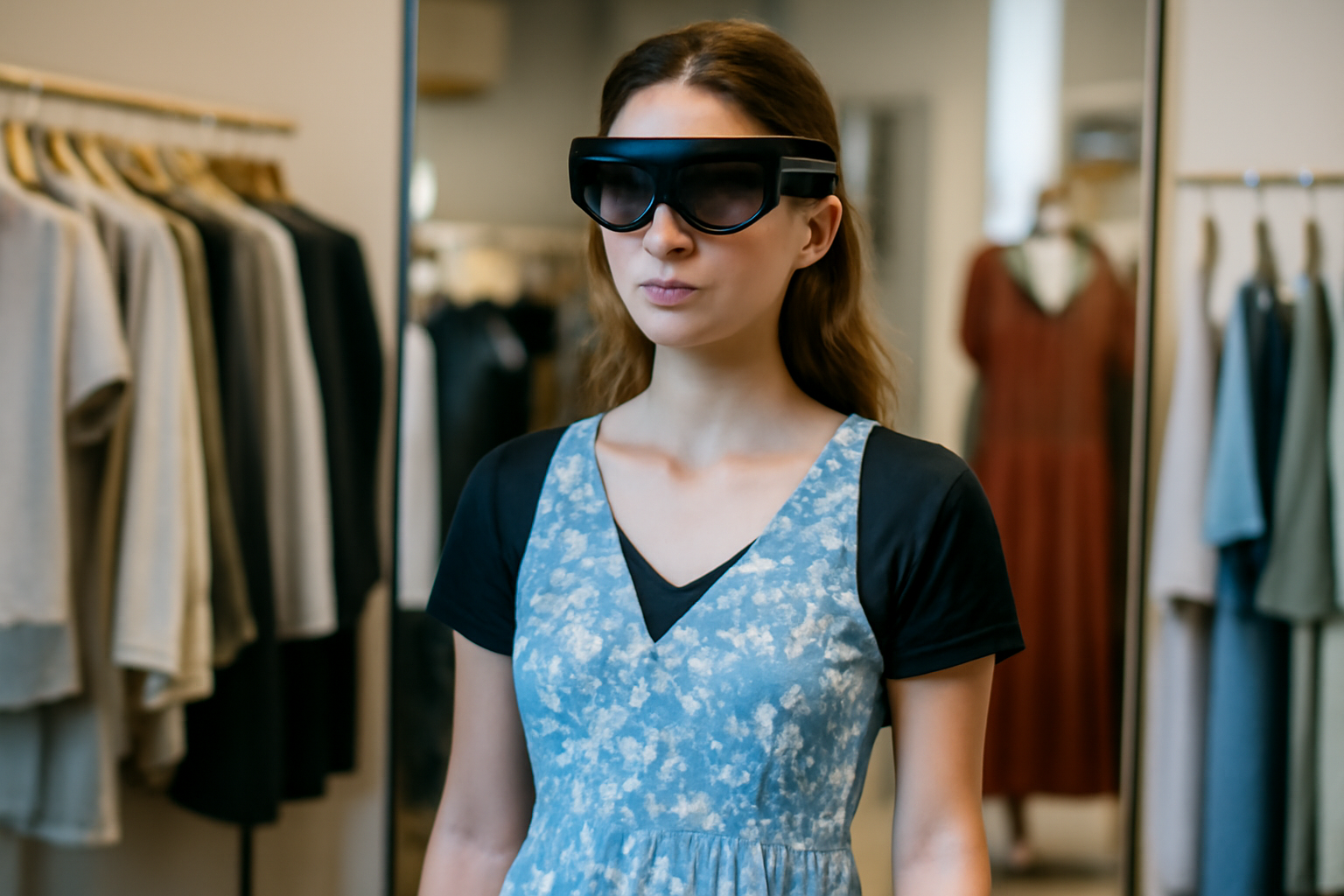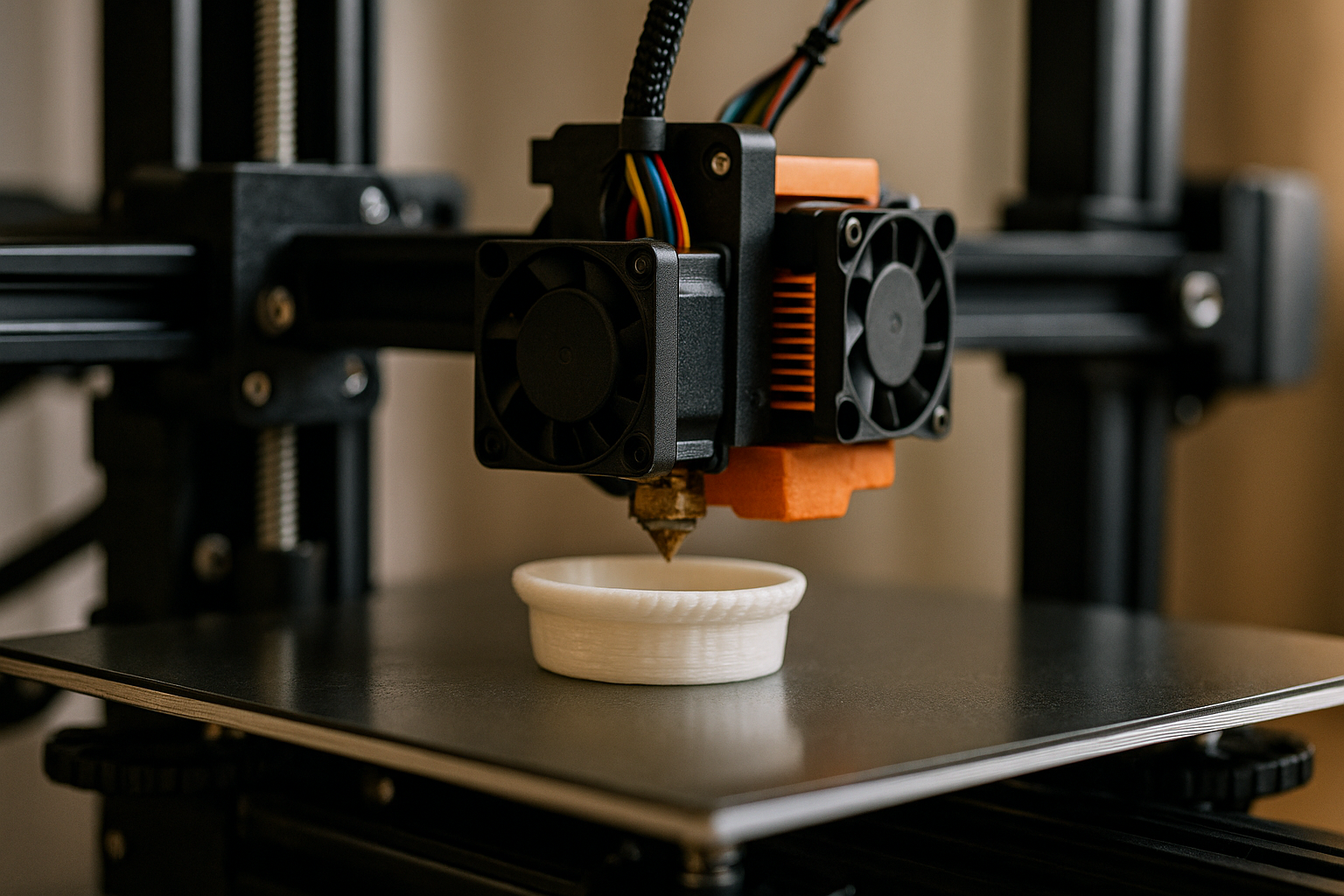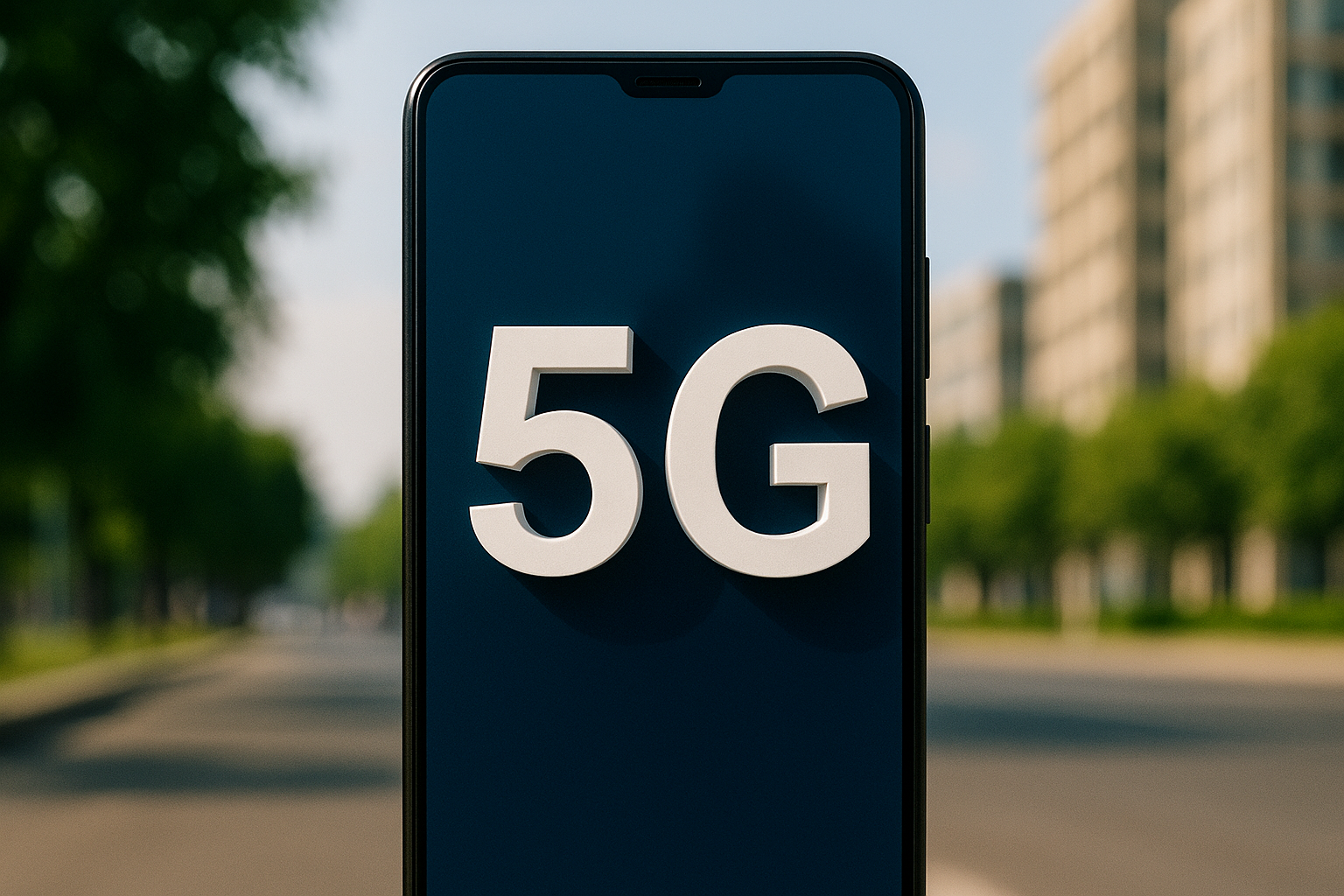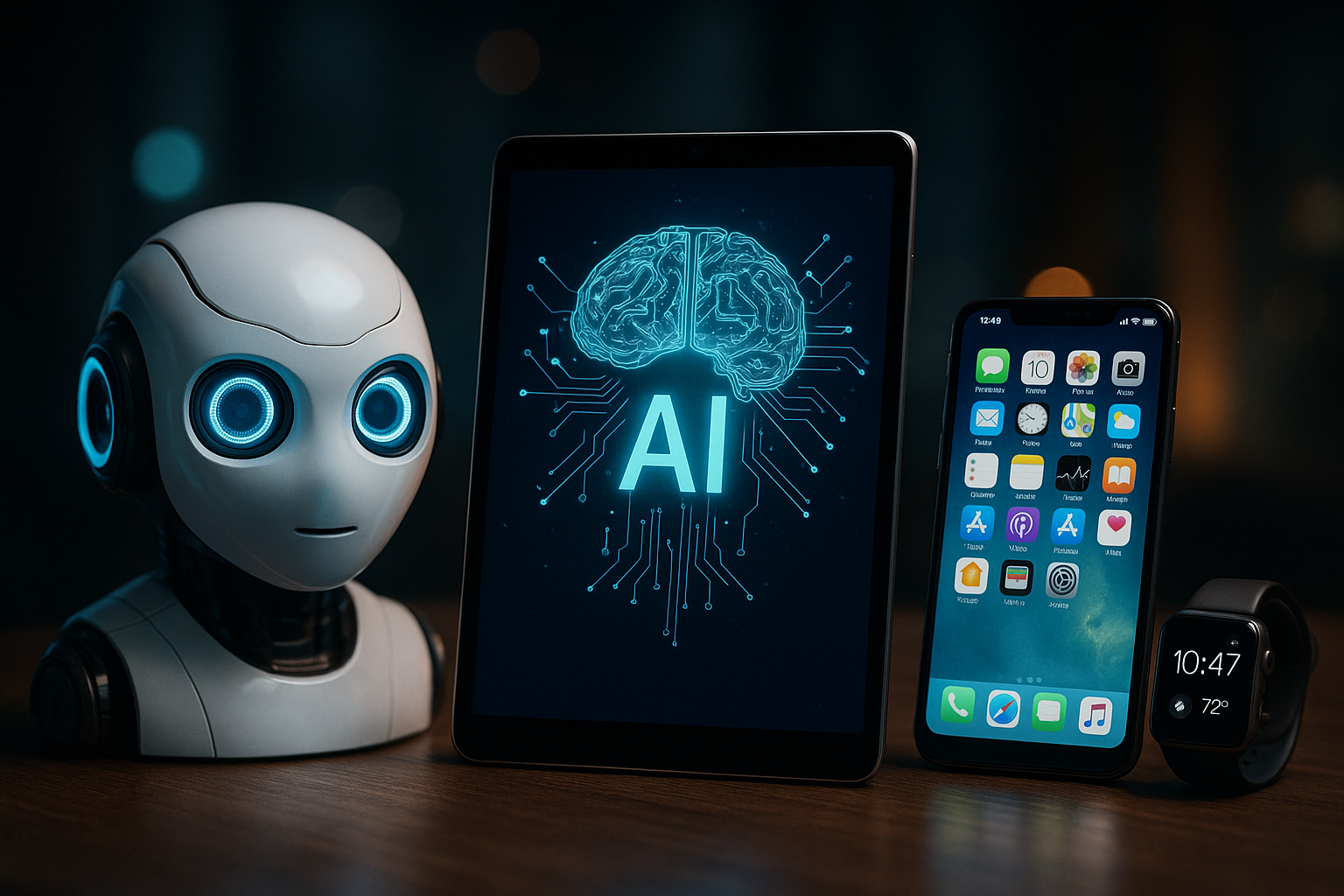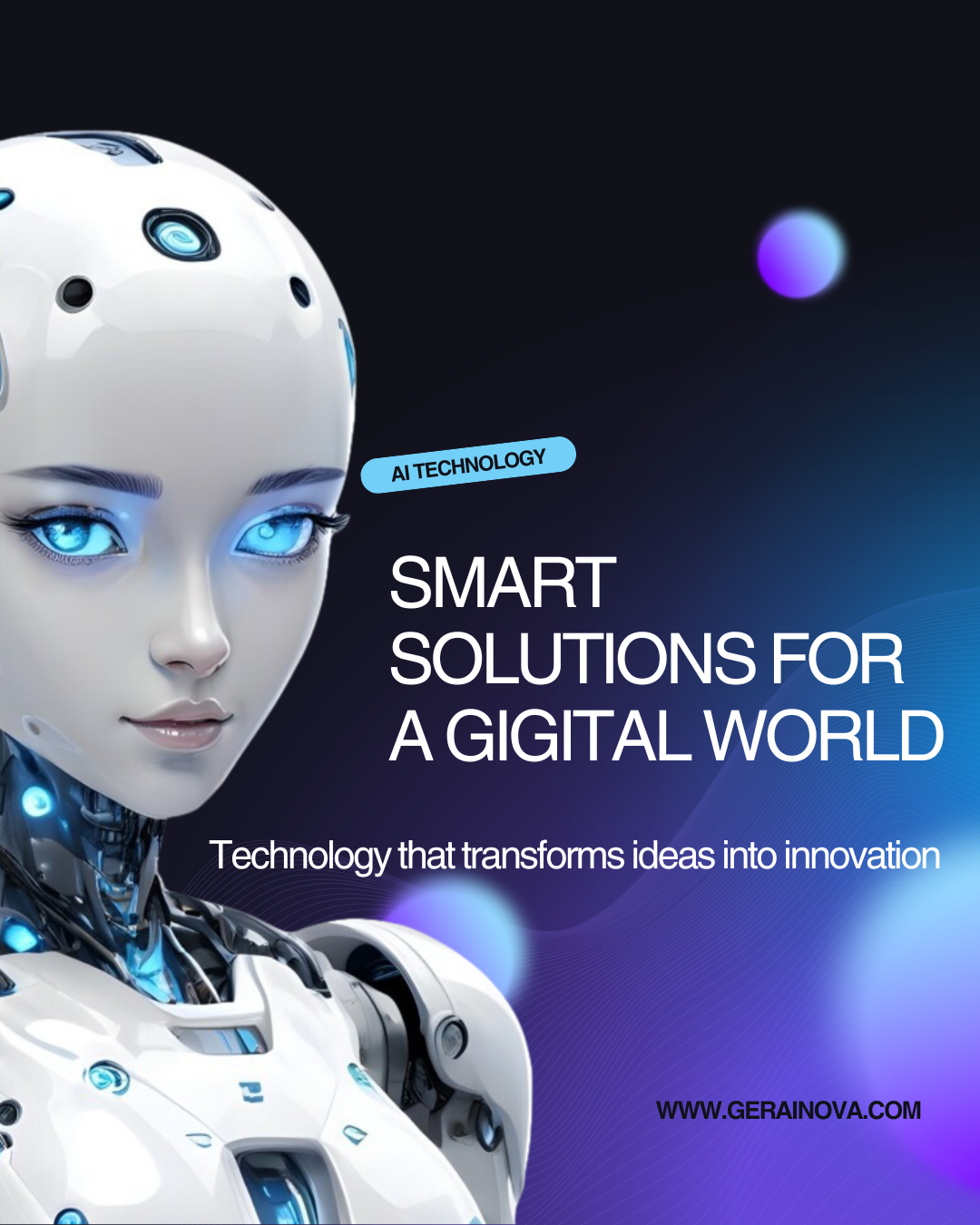In the fast-evolving world of technology, keeping up with the latest innovations can be a challenge. Every year, new breakthroughs push the boundaries of what’s possible, altering industries and changing the way we live, work, and interact. As a result, it’s essential to stay informed about the technologies that are shaping our future. In this article, we’ll explore 7 cutting-edge technological innovations that are transforming industries and have the potential to impact your life in profound ways.
1. 5G Connectivity: The Next Generation of Wireless Technology
What is 5G?
5G is the fifth generation of wireless technology, following the previous 4G LTE. It promises to provide faster speeds, lower latency, and more reliable connections than any wireless technology before it. While 4G provided decent speeds for browsing and streaming, 5G takes it to the next level, offering speeds up to 100 times faster than 4G. This means that data-heavy applications—such as virtual reality (VR), augmented reality (AR), and autonomous vehicles—can perform at their best with minimal lag.
How 5G is Changing the Game
The most significant impact of 5G will be on IoT (Internet of Things). With 5G, millions of devices can communicate with each other seamlessly in real-time. Smart cities, for example, will be able to optimize everything from traffic flow to energy consumption, making urban living more efficient and sustainable. Autonomous vehicles will also benefit from the low latency of 5G, allowing them to make quicker decisions in real-time, potentially reducing accidents and improving traffic conditions.
Beyond consumer applications, 5G is expected to revolutionize telemedicine, remote working, and entertainment, providing better connectivity for virtual meetings, online gaming, and live streaming, even in remote locations.
2. Artificial Intelligence and Machine Learning: The Future of Automation
AI and Machine Learning Explained
Artificial Intelligence (AI) refers to the development of machines or systems capable of performing tasks that would normally require human intelligence, such as understanding language, recognizing images, and making decisions. Within AI, Machine Learning (ML) plays a crucial role, enabling computers to learn from data and improve over time without explicit programming.
The applications of AI and ML are vast and rapidly expanding. From voice assistants like Siri and Alexa to recommendation engines on platforms like Netflix and Amazon, AI is deeply embedded in everyday life. In healthcare, AI systems are assisting doctors with diagnostics, identifying diseases in medical images, and even suggesting personalized treatment plans based on a patient’s unique genetic makeup.
AI in Business and Beyond
AI is already transforming industries by automating tasks, improving decision-making, and creating efficiencies. Manufacturers use AI-powered robots for precision work, reducing human error and increasing productivity. In the financial sector, AI algorithms analyze market data and make high-frequency trades in fractions of a second. Even customer service is being revolutionized by chatbots and AI-driven support systems, providing 24/7 assistance and resolving issues instantly.
As AI continues to improve, we can expect even more complex applications in industries ranging from agriculture (with AI-powered drones for crop monitoring) to space exploration (with AI systems analyzing data from distant planets).
3. Quantum Computing: A Leap into the Future of Computing Power
What is Quantum Computing?
Quantum computing is a breakthrough in computing that leverages the principles of quantum mechanics—the science of subatomic particles—to process information in ways traditional computers cannot. Unlike classical computers, which use binary bits (0s and 1s) to store and process data, quantum computers use qubits, which can represent both 0 and 1 at the same time.
This ability to exist in multiple states simultaneously enables quantum computers to solve certain types of problems much faster than traditional computers ever could.
Quantum Computing Applications
While quantum computing is still in the early stages of development, it has the potential to revolutionize fields such as cryptography, medicine, and materials science. For example, quantum computers could break existing encryption systems that protect sensitive data today. This has significant implications for data security and privacy.
In medicine, quantum computers could be used to simulate molecular structures and accelerate the discovery of new drugs, potentially curing diseases that are currently untreatable. In materials science, quantum computers could help design new materials with properties tailored to specific applications, from superconductors to lighter and more durable alloys.
Although quantum computers are not yet widely available, tech giants like Google, IBM, and Microsoft are heavily investing in this emerging field, and we can expect further breakthroughs in the coming years.
4. Blockchain Technology: Beyond Cryptocurrencies
What is Blockchain?
Blockchain is a decentralized, distributed ledger technology that allows data to be stored across multiple computers in such a way that it becomes nearly impossible to alter or tamper with. While cryptocurrencies like Bitcoin and Ethereum are the most famous applications of blockchain, the technology itself has far-reaching uses beyond digital currencies.
Blockchain Applications
In finance, blockchain is transforming how financial transactions are recorded and processed. It provides an immutable and transparent record of transactions, which can reduce fraud, speed up cross-border payments, and increase the efficiency of financial systems.
In addition to finance, blockchain is making waves in supply chain management, where it allows products to be traced from origin to destination in a transparent and secure manner. Smart contracts, powered by blockchain, are self-executing contracts with the terms of the agreement directly written into code, allowing for automated and trustworthy agreements.
Looking ahead, blockchain could be used in voting systems, identity verification, and intellectual property protection, giving individuals greater control over their data and enhancing transparency in various sectors.
5. Biotechnology and CRISPR: Unlocking the Future of Medicine
What is CRISPR?
CRISPR-Cas9 is a revolutionary gene-editing technology that allows scientists to edit genes with unparalleled precision. The CRISPR system, which was originally discovered in bacteria as a defense mechanism against viruses, has since been adapted to edit genes in humans, plants, and animals.
This innovation has profound implications for medicine, agriculture, and environmental science. By enabling the precise alteration of genetic material, CRISPR opens the door to curing genetic diseases, improving crop yields, and even extending human lifespan.
The Promise of CRISPR in Medicine
In healthcare, CRISPR holds the potential to treat genetic disorders like sickle cell anemia and cystic fibrosis by editing the faulty genes responsible for these diseases. Additionally, CRISPR is being used in cancer research to enhance immune responses and make cancer cells more susceptible to treatment.
Beyond individual treatments, CRISPR could play a role in preventing genetic diseases in future generations by editing genes at the embryo stage. However, ethical questions around gene editing, particularly concerning designer babies and unintended genetic consequences, continue to be a topic of debate.
6. Augmented Reality (AR) and Virtual Reality (VR): Immersive Experiences
What is AR and VR?
Augmented Reality (AR) and Virtual Reality (VR) are two technologies that offer immersive experiences by blending digital content with the physical world. VR creates entirely digital environments that users can interact with, while AR overlays digital elements onto the real world.
Applications of AR and VR
In gaming, VR has become a game-changer, providing players with fully immersive environments where they can interact with the virtual world in ways that were once unimaginable. Companies like Oculus and PlayStation VR are leading the charge in creating VR headsets that offer an unparalleled experience.
In education, both AR and VR are being used to create interactive learning environments. Medical students can use VR simulations to practice surgeries, while AR can be used to enhance classroom learning by overlaying 3D models of complex concepts on physical objects.
Retail and real estate industries are also embracing AR and VR to enhance customer experiences. Virtual try-ons for clothing and furniture, as well as virtual property tours, are becoming commonplace, providing consumers with a more interactive shopping experience.
7. Renewable Energy Technologies: Powering the Future
The Need for Renewable Energy
As concerns about climate change and environmental degradation grow, renewable energy technologies have become a focal point of global efforts to create a more sustainable future. Solar, wind, hydro, and geothermal energy are some of the most prominent sources of renewable energy, and technological advancements are making these solutions more affordable and efficient than ever before.
Innovations in Renewable Energy
Solar energy has seen significant advancements in both efficiency and storage. New photovoltaic cells and solar panels are capturing more sunlight and converting it into electricity more efficiently, while improved battery technologies are allowing for better energy storage, ensuring that solar power can be used even when the sun isn’t shining.
Wind energy is also advancing, with new, larger, and more efficient wind turbines being developed. Offshore wind farms, in particular, are expected to provide substantial contributions to global energy needs in the coming years.
These innovations are part of the larger shift towards sustainable energy solutions that will reduce reliance on fossil fuels and mitigate the effects of climate change.
Conclusion: Embrace the Future
Technological innovations are rapidly transforming the world, opening new doors to possibilities that were once confined to science fiction. From 5G connectivity to CRISPR gene editing, these technologies are reshaping industries and changing the way we live. As these innovations continue to evolve, it’s crucial to stay informed and embrace the opportunities they bring.
The future is bright, and those who are prepared to adapt to these technologies will thrive in the ever-changing landscape. Whether you’re a business leader, a tech enthusiast, or someone simply curious about the world of innovation, staying up-to-date on the latest advancements is key to understanding and shaping the future.

